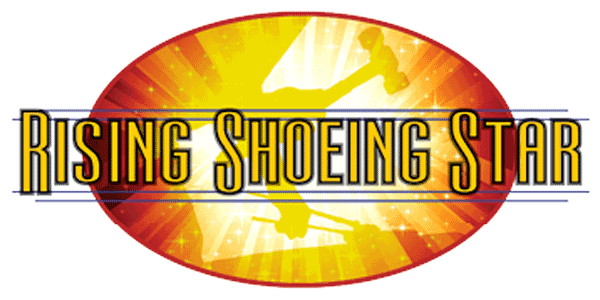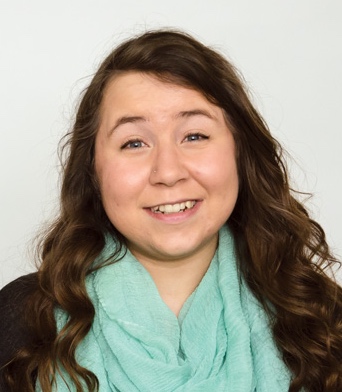Pictured Above: Brody White suggests accepting criticism of your work as a teaching moment rather than as an insult.
Finishing farrier school means a significant jump — from student to full-time professional and, most often, small business owner.
Farriers with a few years of experience achieving the success they worked hard for know the challenges this brings and their accompanying struggles well — and how to deal with them.
American Farriers Journal established the Rising Shoeing Star award program in 2008. This program recognizes farriers making incredible progress in their first 3 years after farrier school — no easy task. In partnership with industry suppliers, the program highlights the importance of education and motivates new farriers to succeed.
The 2017 program sponsors include Boss Tools, formerly Electric Hoof Knife, Hawthorne Products, Nature Farms Farrier Supply, R.J. Matthews Co., Texas Farrier Supply, Vettec and American Farriers Journal.
Criticism is a learning experience, not an insult. Allowing people to critique your work will help you learn more.
Do not take dangerous horses or bad clients just to grow your business faster.
Go to clinics and contests. Meet people. Surround yourself with people who are better than you so that you can learn from them.
This year’s winners include Brody White of Seguin, Texas; Jayce Fulbright of Hobson, Mont.; and Ellie Pugh of Kent, England.
White received the top honor at the 2017 International Hoof-Care Summit in Cincinnati, Ohio. He attended Plymouth, Calif.-based Pacific Coast Horseshoeing School (PCHS).
White provides insight about trials he encountered and advice for new farriers. He also shares what he wants to do next.

Brody White suggests accepting criticism of your work as a teaching moment rather than as an insult.
Q:
What were the major obstacles you faced getting started?
A: Taking criticism as a constructive learning experience and not just someone talking badly about my work. When you allow people to critique your work, you learn so much more.
Q:
What were your biggest mistakes?
A: Not listening to others. If you surround yourself with people better than you, you will become better.
Q:
What were the smartest moves you made getting started?
A: Getting an apprenticeship out of school. I was also very picky when it came to horses. I never took on bad horses that could get me hurt or bad clients. It took me longer to build my business, but I never had to deal with the bad owner or bad horses.
Q:
What misconceptions, if any, did you have before you started?
A: I thought that when you get out of school, people would be calling immediately. But no one knew I existed. I picked up an apprenticeship with Dripping Springs, Texas, farrier Austin Edens. I spent the next 2½ years working for him, every week, 2 to 3 days a week. Austin asked me one day what my goal was. I responded, “To build my clientele and get my CJF.” He said I had it backward. His advice was learn to shoe horses correctly and the clients will come to you. So I practiced my forge work and apprenticed for Austin while waiting for my business to build.
Q:
What resources, other than schooling, did you find most helpful?
A: Going to clinics and contests. They really open up your eyes to the vast world of the farrier industry.
To nominate a new farrier who graduated from footcare school in 2015, please send a two- or three-page letter explaining why he or she is a candidate for the 2019 Rising Shoeing Star award.
The deadline for nominations is July 31 in subsequent years. Mail your nomination to American Farriers Journal, P.O. Box 624, Brookfield, WI 53118-0624 or email it to ajohnson@lessitermedia.com.








